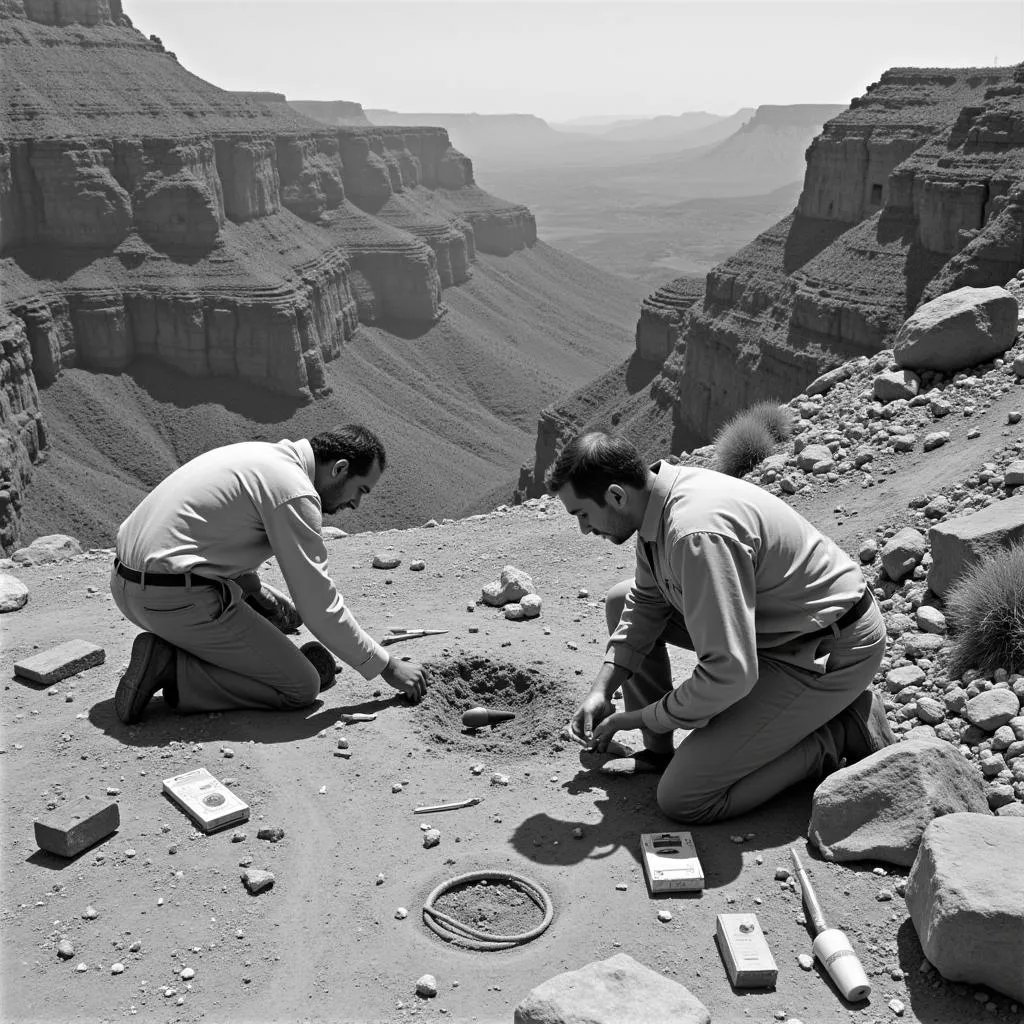Exploring African Culture and Civilization
African Culture And Civilization represent a vibrant tapestry of traditions, histories, and artistic expressions, spanning millennia and encompassing a vast continent. From the ancient kingdoms of Egypt and Kush to the diverse communities thriving today, exploring African culture unveils a rich heritage that has shaped the world. african culture and civilization pdf
The Cradle of Humankind and the Birth of Civilization
Africa is widely recognized as the cradle of humankind, where the earliest hominid fossils have been discovered, tracing the roots of human evolution. This deep history lays the foundation for the development of diverse civilizations across the continent. Ancient Egypt, with its monumental pyramids and sophisticated hieroglyphic writing system, stands as a testament to African ingenuity. Further south, the Kingdom of Kush, known for its powerful queens and thriving trade networks, left an indelible mark on the ancient world. The rise and fall of these and other powerful kingdoms, like the empires of Ghana, Mali, and Songhai, showcase the complexity and dynamism of early African civilization.
Diverse Artistic Expressions: A Continent of Creativity
African art is renowned for its diverse forms and profound symbolism. From intricate wood carvings and vibrant masks to elaborate textiles and captivating storytelling traditions, artistic expression is deeply ingrained in African culture. Music and dance play a vital role in many African societies, serving as powerful forms of communication, celebration, and spiritual expression. Each region boasts its own unique musical styles and instruments, reflecting the diversity of the continent.
What defines African art? It’s the unique blend of functionality, spirituality, and aesthetic beauty that resonates throughout various forms, showcasing the rich cultural tapestry of the continent.
african culture and civilization a textbook for ges 102 pdf
Oral Traditions and the Transmission of Knowledge
Across Africa, oral traditions play a vital role in preserving history, transmitting knowledge, and shaping cultural identity. Stories, proverbs, and songs passed down through generations encapsulate the values, beliefs, and experiences of African communities. Griots, the traditional storytellers and historians of West Africa, hold a revered position in society, safeguarding and sharing the rich oral heritage of their people.
The Importance of Community and Family
Family and community ties are central to African culture. Traditional social structures often emphasize collective responsibility and mutual support within extended families and communities. Respect for elders and ancestors is a deeply ingrained value, reflecting the importance of intergenerational connections. These strong social bonds contribute to the resilience and vibrancy of African communities.
Dr. Ayo Adebanjo, a renowned anthropologist specializing in African cultures, notes: “The concept of ‘Ubuntu,’ emphasizing interconnectedness and shared humanity, is a powerful force shaping social relations and community life across many African societies.”
African Culture and Civilization in the Modern World
African culture and civilization continue to evolve and adapt in the face of globalization and modernization. While embracing new technologies and ideas, many African communities strive to maintain their cultural heritage and traditions. The resurgence of interest in African art, music, and fashion on the global stage reflects the growing recognition of the continent’s cultural influence. African nations are increasingly asserting their cultural identity and playing a more prominent role in shaping global cultural discourse.
african civilization and culture
Challenges and Opportunities for Preserving African Heritage
While African culture enjoys increasing global recognition, preserving cultural heritage also faces significant challenges. Rapid urbanization, economic pressures, and the influence of global media can threaten traditional ways of life. Efforts to document and preserve endangered languages, traditional arts, and cultural practices are crucial for ensuring that future generations can connect with their rich heritage.
Professor Chinua Achebe, a prominent Nigerian scholar and author, emphasizes: “Reclaiming and celebrating African narratives is essential for empowering future generations and fostering a deeper understanding of the continent’s cultural contributions to the world.”
Conclusion
African culture and civilization encompass a remarkable tapestry of human experience, from the earliest origins of humankind to the vibrant cultures thriving today. african culture and harappan civilization Exploring this rich heritage offers invaluable insights into the diversity, creativity, and resilience of African communities. Understanding and appreciating African culture and civilization is crucial for fostering a more inclusive and interconnected global society.
FAQ
- What are some key characteristics of African culture?
- How has colonialism impacted African culture?
- What are some prominent examples of ancient African civilizations?
- How is African culture expressed through art and music?
- What are the challenges facing the preservation of African heritage?
- How is technology influencing the evolution of African culture?
- What are some resources for learning more about African culture and civilization?
Other questions frequently asked
- What are some common misconceptions about African culture?
- How can I learn more about specific African countries or regions?
Other suggested related articles
- The Impact of the Slave Trade on African Cultures
- The Role of Women in African Societies
- Traditional African Religions and Spiritual Beliefs
When you need support, please contact Phone Number: +255768904061, Email: [email protected] Or visit: Mbarali DC Mawindi, Kangaga, Tanzania. We have a 24/7 customer service team.

